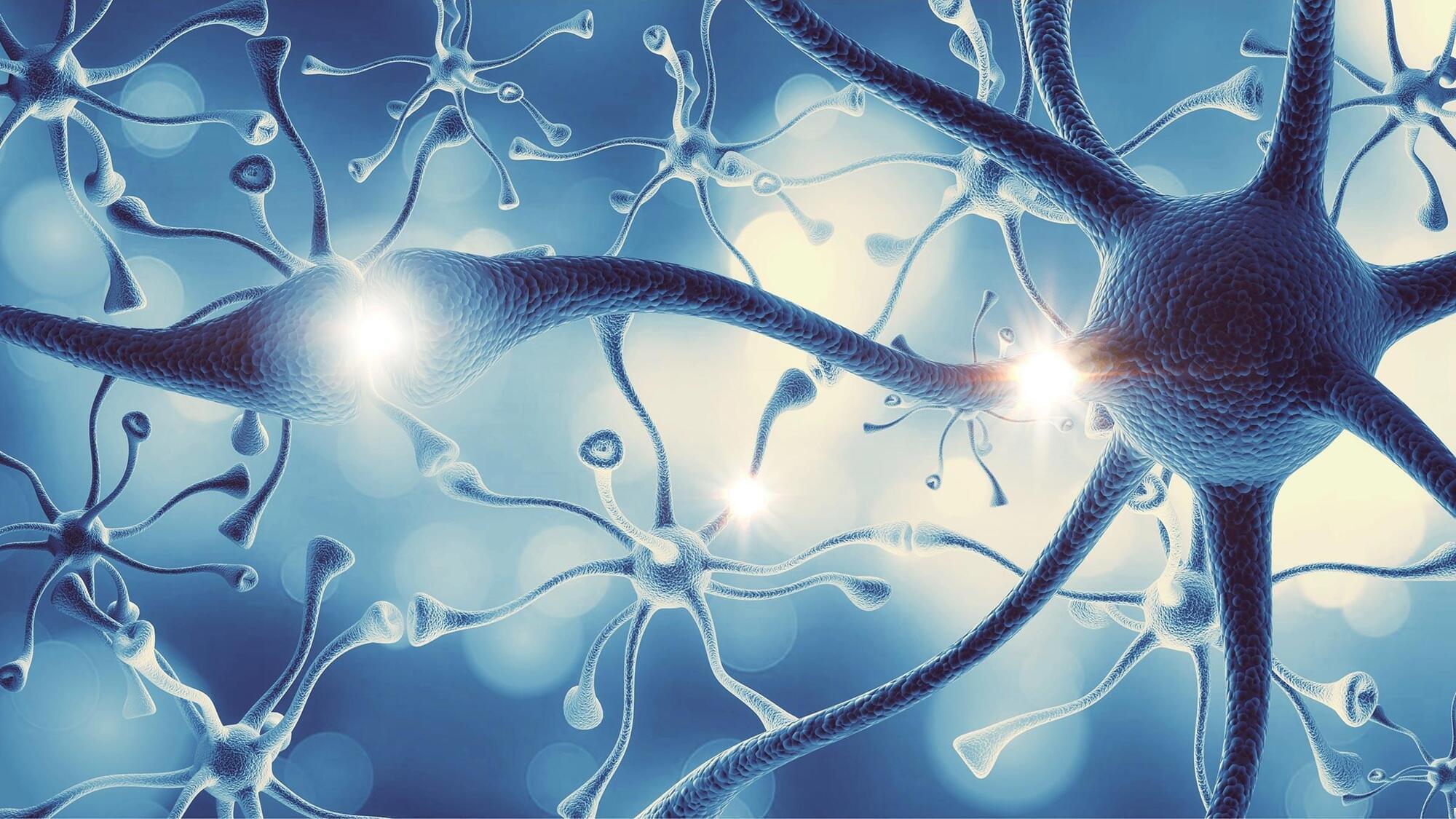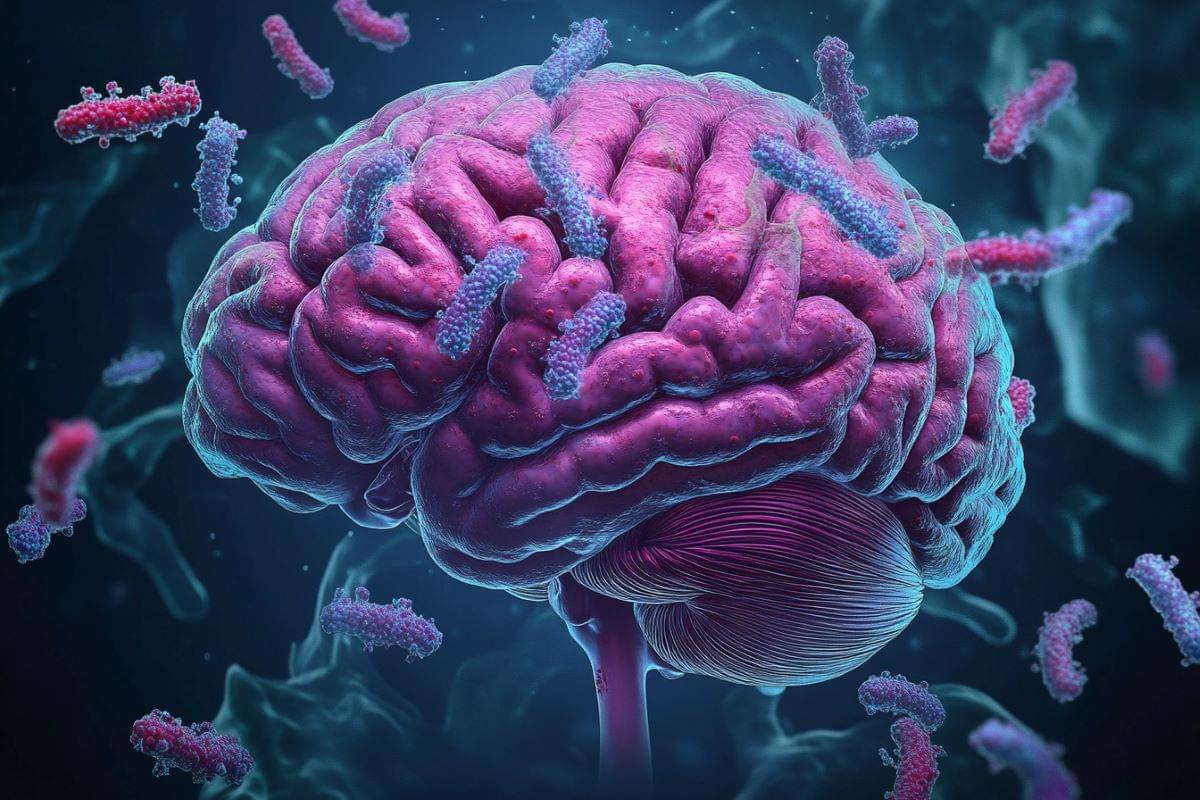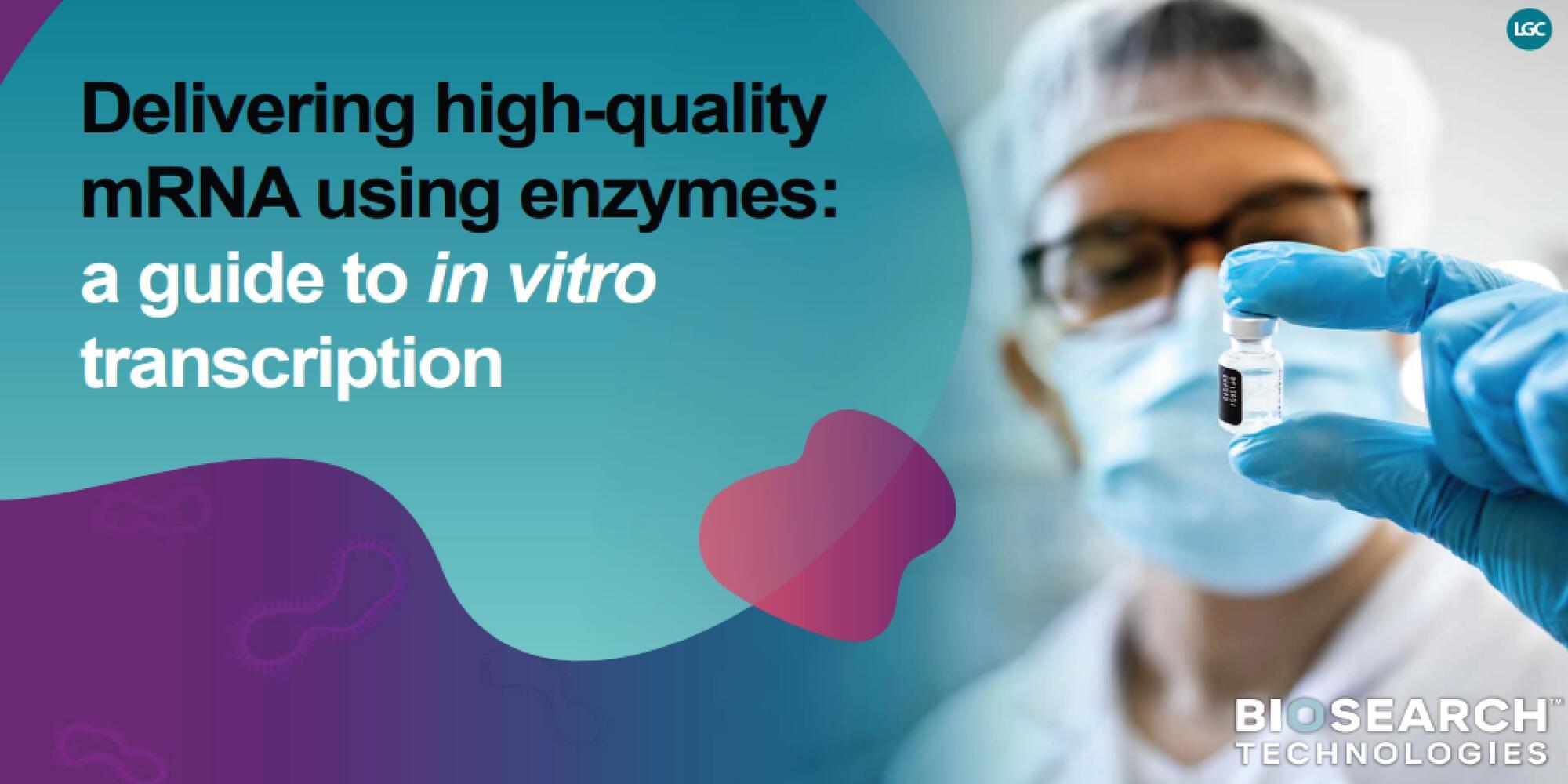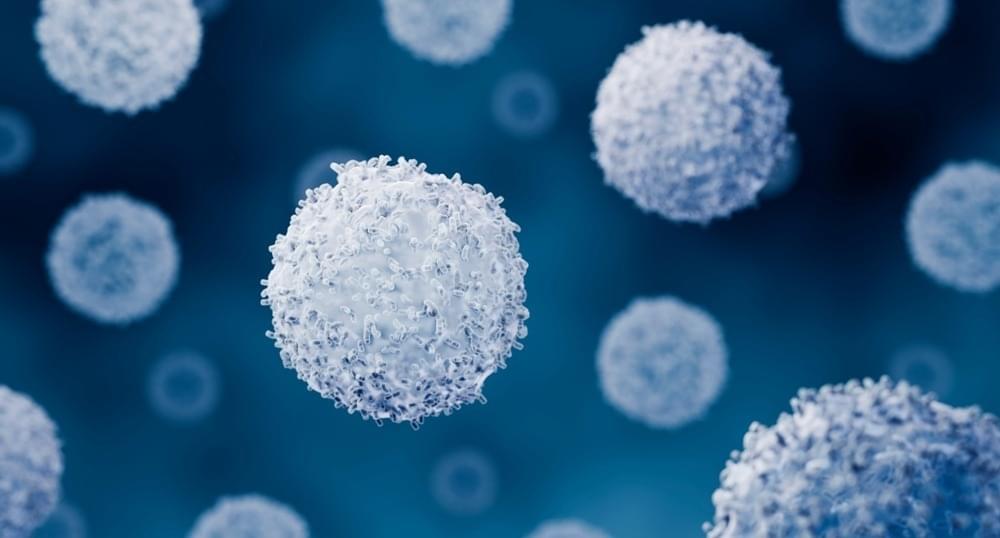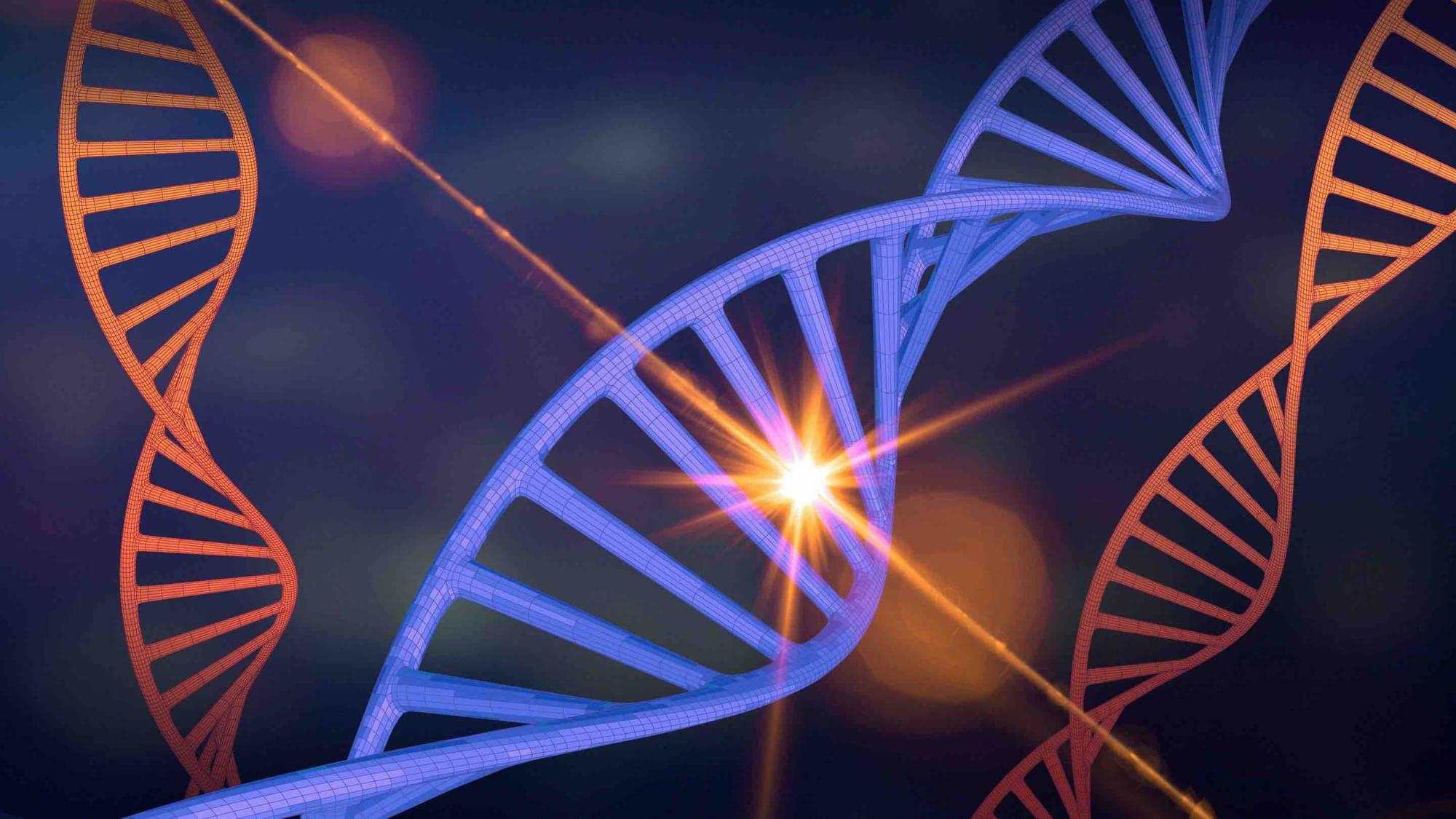OpenAI, in partnership with Retro Biosciences, has recently made significant strides in human longevity research with the development of GPT-4b Micro. This advanced artificial intelligence (AI) model could potentially revolutionize cellular reprogramming and open new avenues in the field of biology. Although this innovation is exciting, it still requires thorough scientific validation to establish its true potential.
For decades, scientists have been endeavoring to unlock the secrets of cellular processes. In 2020, Google DeepMind’s AlphaFold marked a significant breakthrough by predicting protein structures with astonishing accuracy. Now, OpenAI has entered the fray with GPT-4b Micro, a model expressly designed to analyze biological data and hasten scientific discoveries.
According to Sam Altman, CEO of OpenAI, “Hyper-intelligent AI tools could revolutionize science and lead to advancements we could hardly have imagined.” With Retro Biosciences, which specializes in longevity research, the goal is lofty: to extend the average human lifespan by a decade.
